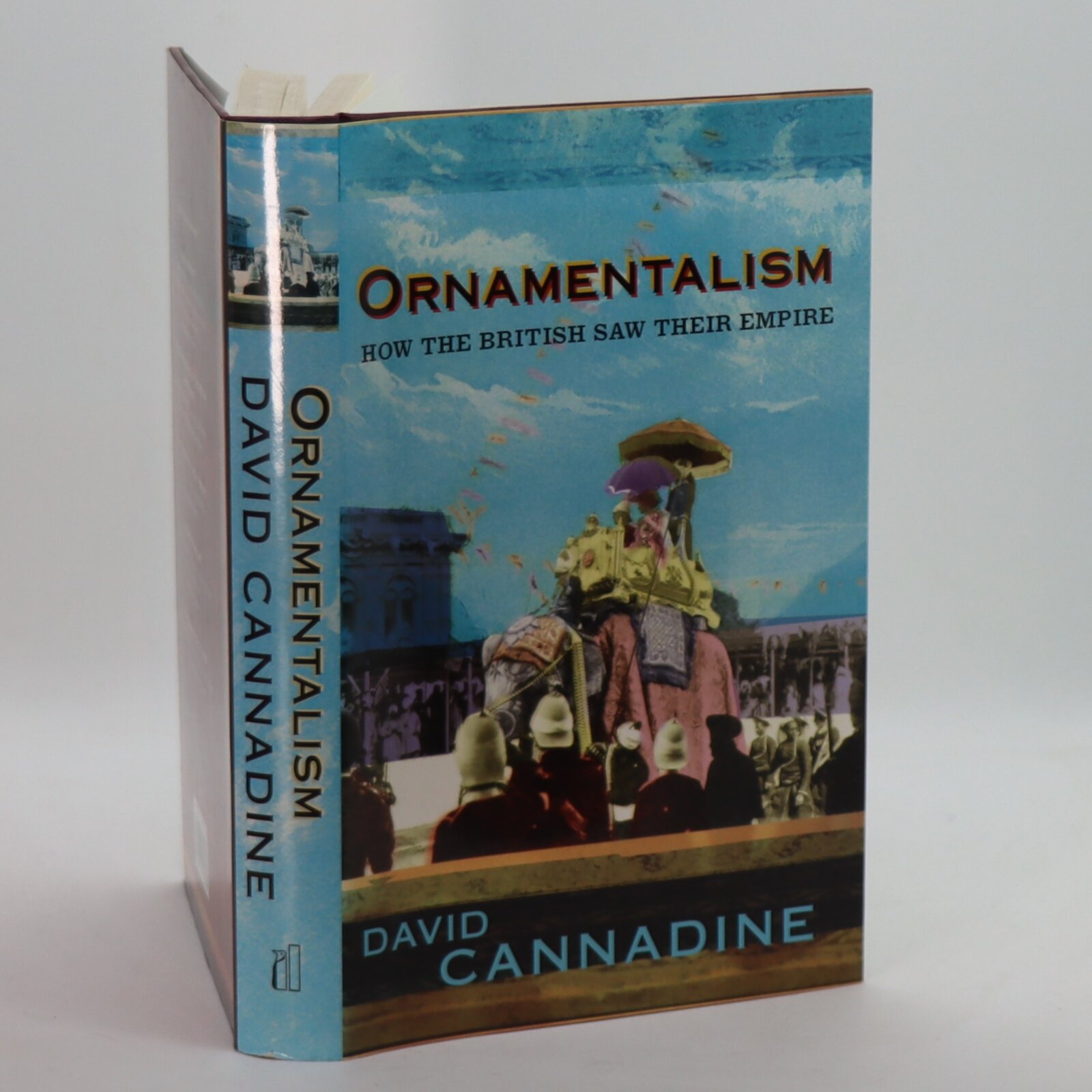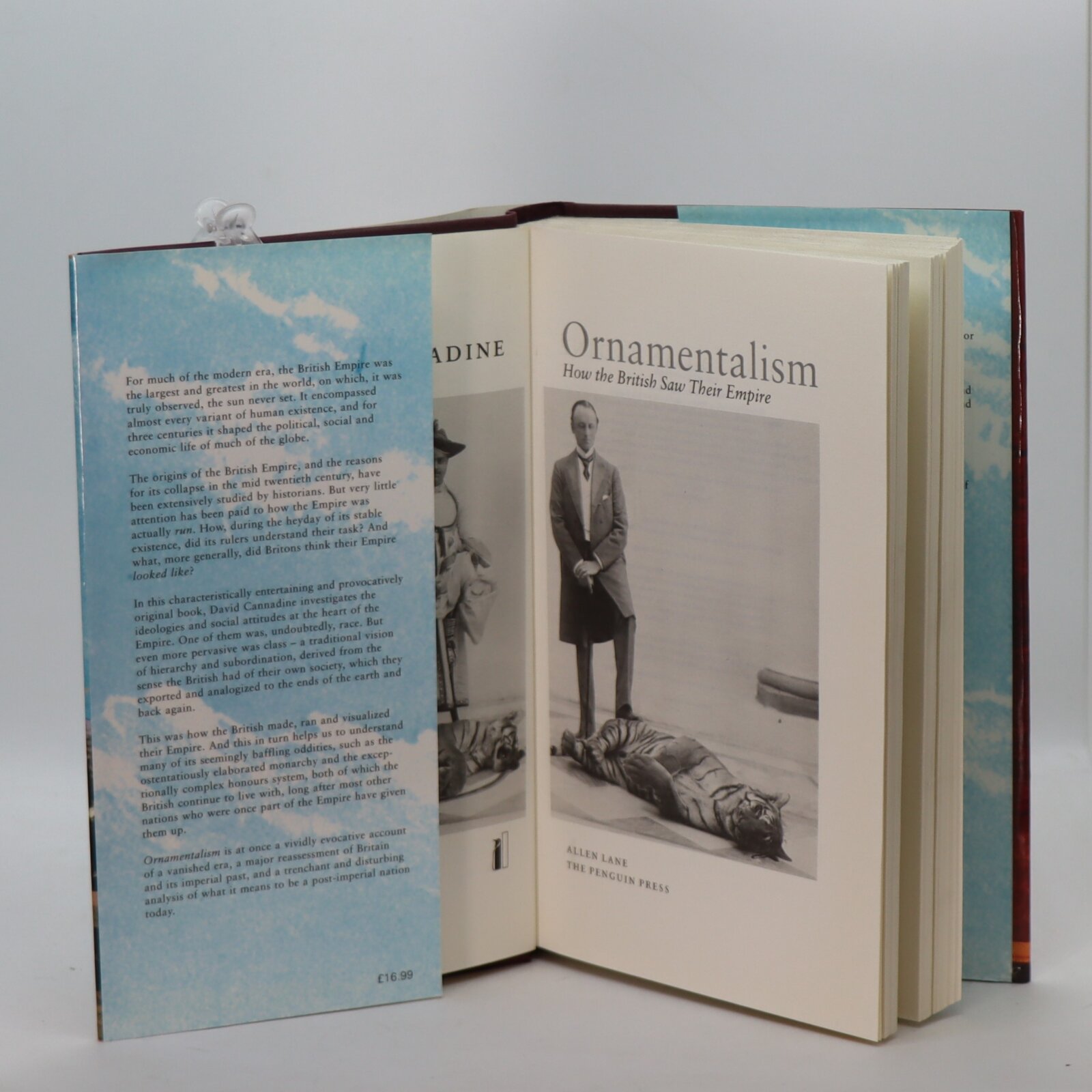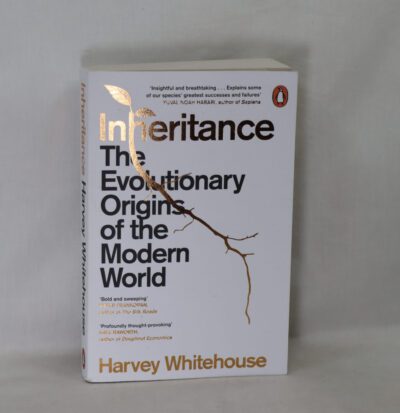Ornamentalism. How the British Saw their Empire.
By David Cannadine
ISBN: 9780195157949
Printed: 2001
Publisher: Allen Lane. London
| Dimensions | 15 × 23 × 3.5 cm |
|---|---|
| Language |
Language: English
Size (cminches): 15 x 23 x 3.5
Condition: Fine (See explanation of ratings)
Your items
Item information
Description
In the original dustsheet. Maroon cloth binding with gilt title on the spine.
F.B.A. provides an in-depth photographic presentation of this item to stimulate your feel and touch. More traditional book descriptions are immediately available.
With the return of Hong Kong to the Chinese government in 1997, the empire that had lasted three hundred years and “upon which the sun never set” finally lost its hold on the world and slipped into history. But the question of how we understand the British Empire–its origins, nature, purpose, and effect on the world it ruled–is far from settled. In this incisive work, David Cannadine looks at the British Empire from a new perspective–through the eyes of those who created and ruled it–and offers fresh insight into the driving forces behind the Empire. Arguing against the views of Edward Said and others, Cannadine suggests that the British were motivated not only by race, but also by class. The British wanted to domesticate the exotic world of their colonies and to reorder the societies they ruled according to an idealized image of their own class hierarchies.
Ornamentalism: How the British Saw Their Empire is a book by David Cannadine about British perceptions of the British Empire. Cannadine argues that class, rank and status were more important to the British Empire than race. The title of the work Ornamentalism is a direct reference to Edward Said’s book Orientalism, which argues the existence of prejudiced outsider interpretations of the East (“the Other”), shaped by the attitudes of European imperialism in the 18th and 19th centuries. It has also been argued to borrow tones from the title of Joseph Schumpeter’s “Imperialism and Social Classes”, which some historians see as the origins of the ‘Ornamentalist’ perspective in academic history’.
Ornamentalism has attracted considerable attention from both academics and the public. Stanley Hoffmann, a history professor at Harvard University described the book as “delightful and instructive”, revealing a “far more complex reality” of the British Empire. Richard Gott, a journalist and historian, argued that “his book is not just a restatement of traditional conservative history, it is a romantic and postmodernist version suitable for the New Labour era.”
The book has also been criticized for underplaying the racial elements of the British imperial project. This view was echoed by Fouad Ajami, a former professor of Middle Eastern history and politics at Princeton University and Johns Hopkins University. Gyan Prakash, a historian and professor at Princeton University, argued that “The empire itself was based on a racial divide — you cannot get away from that.”
Want to know more about this item?

Related products
Share this Page with a friend











